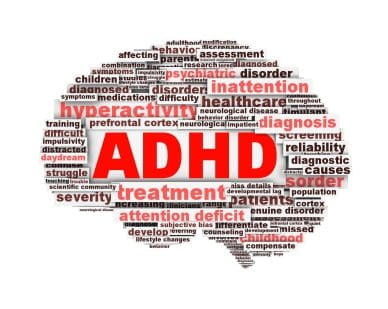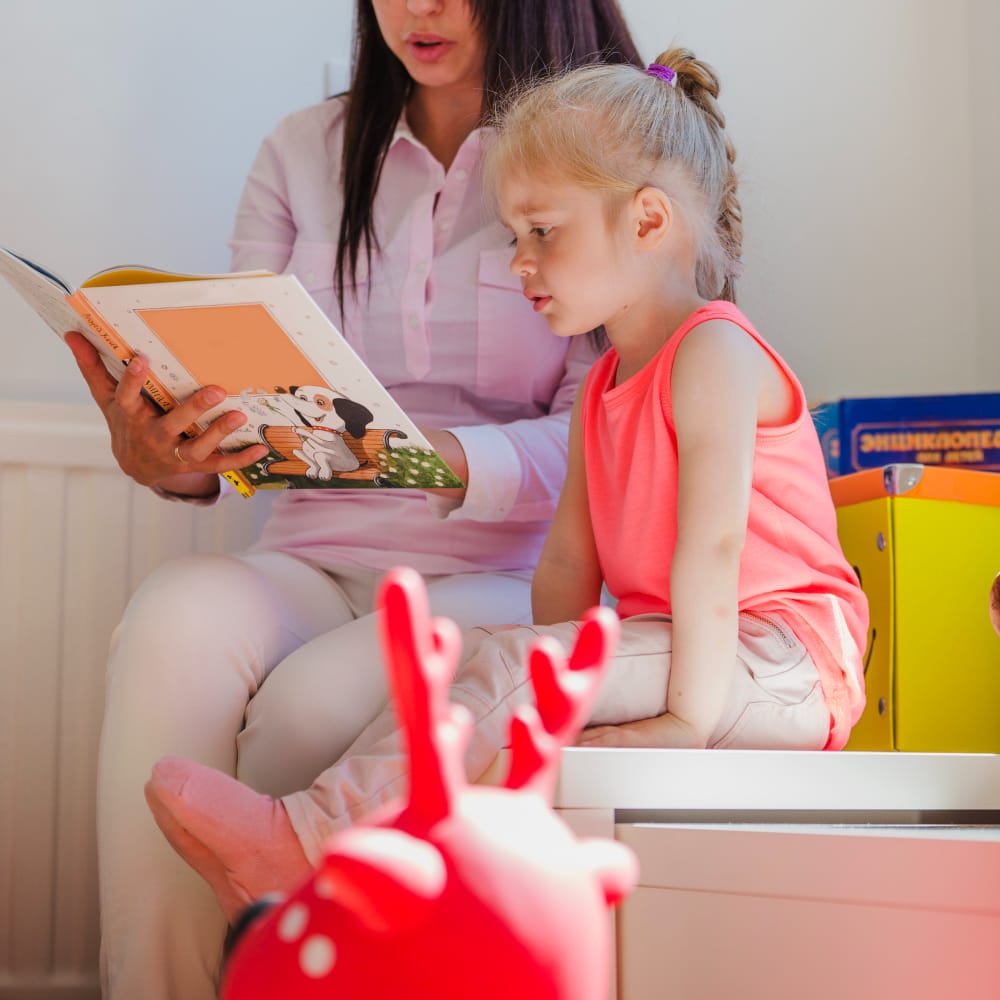The most hotly debated topic around ADHD is usually whether to medicate or not. And even though this is a very serious question, which needs careful consideration I would like to step beyond the Medication vs Alternative treatment debate for a bit. Let’s put the medication debate behind us for a bit and consider some practical ways in which to support your child with ADD or ADHD. These guidelines should be implemented irrelevant of whether or not you try medication.
Get your child to exercise
Preferably in the morning before school. I know some of you are thinking “Yeah right! How on earth do you propose I fit that into an already crazy morning routine?”. But research has shown that exercise helps to decrease hyperactivity and improves focus. This strategy has shown positive results in many poor, rural areas where ADD/ADHD medication is not readily accessible. Simply can’t find the time? – ask your child’s teacher to help you with this one: Teachers can help organise informal soccer matches for children while they wait for school to start or can arrange the daily routine so that they start off with a PE or movement class.
Give your child a good quality Omega-3 supplement.
Not only do some claim that it helps to improve concentration, but it will help to improve general health and immunity as well. Omega-3 fatty acids help to form the myelin sheeth on neurons. Put simply – they help brain cells communicate better.
Make sure your child follows a healthy, low GI diet.
Try to avoid sugary treats, sodas, caffeinated drinks and high GI options such as white bread. Instead, try to follow a diet rich in proteins and fresh produce. Choose foods that release energy into the bloodstream more slowly, like brown bread and sweet potato. Eating healthily might seem like obvious advice, but I’m often appalled at the content of the lunchboxes of some of the children referred to me for ADD/ADHD assessments.
Encourage your child to paraphrase instructions
Children with ADHD can be impulsive! Meaning that they dont always listen to the instructions in full before responding. Or sometime they get distracted and don’t hear what you say. When giving instructions: firstly make sure the child is looking directly at you. Then ask her to paraphrase (repeat in her own words) what she is supposed to do. Also, when asking a complex question that requires careful thought, say: “I’m going to ask you a question, but I want you to wait 10 seconds before you answer me”. This helps to repress their impulse to shout out the first thing that pops into their head and encourages them to think through a problem carefully.
Teach them to use tools to stay organised
One of the most important things you can do to support your ADHD child is to help them stay organised. Children with ADD and ADHD need to rely heavily on systems and procedures to help manage their time and focus. For this reason it is vital that you teach your child how to make effective use of alarms, reminders, checklists, diaries, calendars, etc.
PS: I found these really amazing Apps to helps kids with ADHD stay organised – and think you’ll love them too!
Break tasks up into smaller chunks
When your child is working on a project, try to help them break the work up into smaller, more manageable chunks. As your child gets older, he’ll hopeful learn to do this for himself while studying – but might still need to be reminded.
Encourage your child to take regular, short breaks
During homework or when studying for exams, your child will need to rest and re-focus often. These breaks needn’t be long. Perhaps suggest they go for a short walk or kick a ball around (rather then relax in front of the TV). Also make a point of chatting to your child’s teacher to explain the need for short breaks during class time. Most students realise that they need a break and will often ask to go to the bathroom during class. Unfortunately they will often get distracted and wander off while out of the class. And this has the result that future requests to go to the bathroom get denied.
But your child needs to move often.
So, ask the teacher to him child several opportunities to just break away from their work for short periods. Perhaps he can officially be appointed “class messenger”; “black board cleaner”; “worksheet distributor” or “paper-basket cleaner”. This allows him to move while the teacher can still keep a close eye on him.
Lastly, support your child with ADHD by insisting that they never, ever, ever be kept in at break-time to catch-up on incomplete work. Rather have it sent home or work in extra time during the school day.
Encourage a calm and relaxed bedtime routine:
Many children with ADD or ADHD are restless sleepers. Often because they battle to fall asleep at night and are then tired when woken up in the morning. Ensure that your child has a calm and relaxed bedtime routine. Interacting with electronic devices stimulates the brain. So for this reason it is vital that children are denied access to their computers, cellphones and TV sets at least an hour before bedtime.
Instead have them take a bath, brush their teeth and read a bedtime story before the lights are turned off. If your child still has difficulty falling asleep, despite having a regular bedtime routine you may want to speak to your doctor about using a natural sleep aid.
Prepare some activities beforehand
Children with ADD and ADHD often flit from one activity to the other and are easily bored. They are more likely to get up to mischief or become cranky ad irritable while bored. So prepare “busy bags” for younger children or a “list of suggested activities” for older child beforehand and suggest these when you notice that they are becoming listless and bored.
Related articles:
ADD/ADHD – Guidelines for teachers




